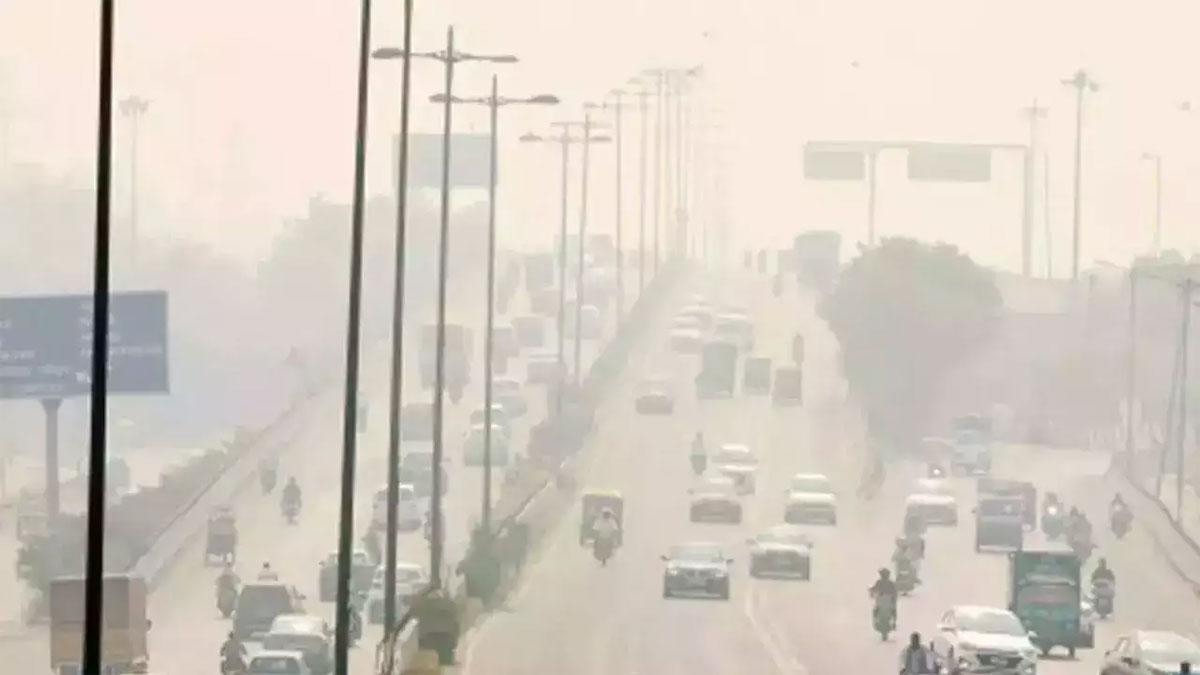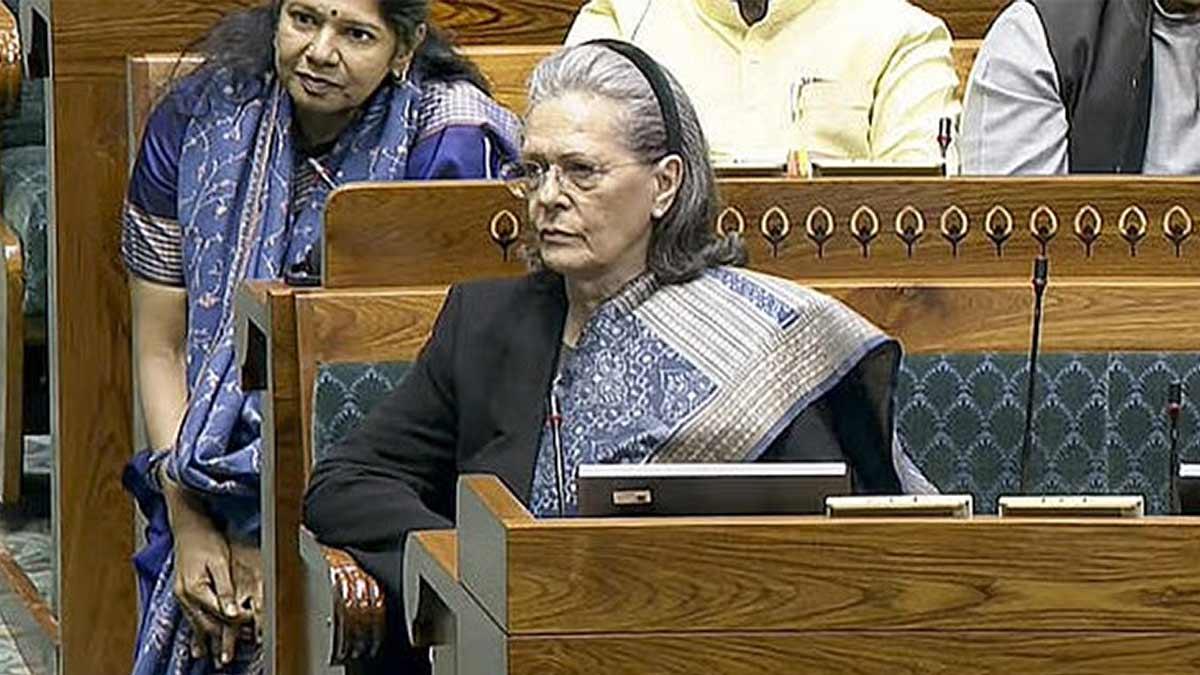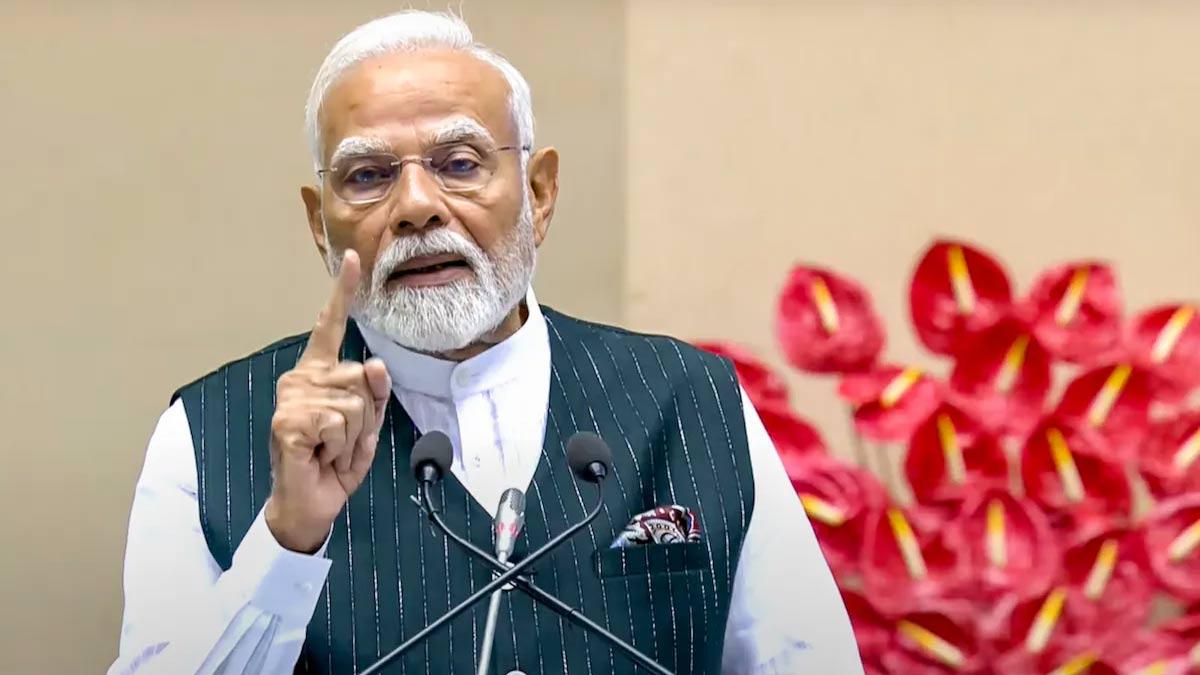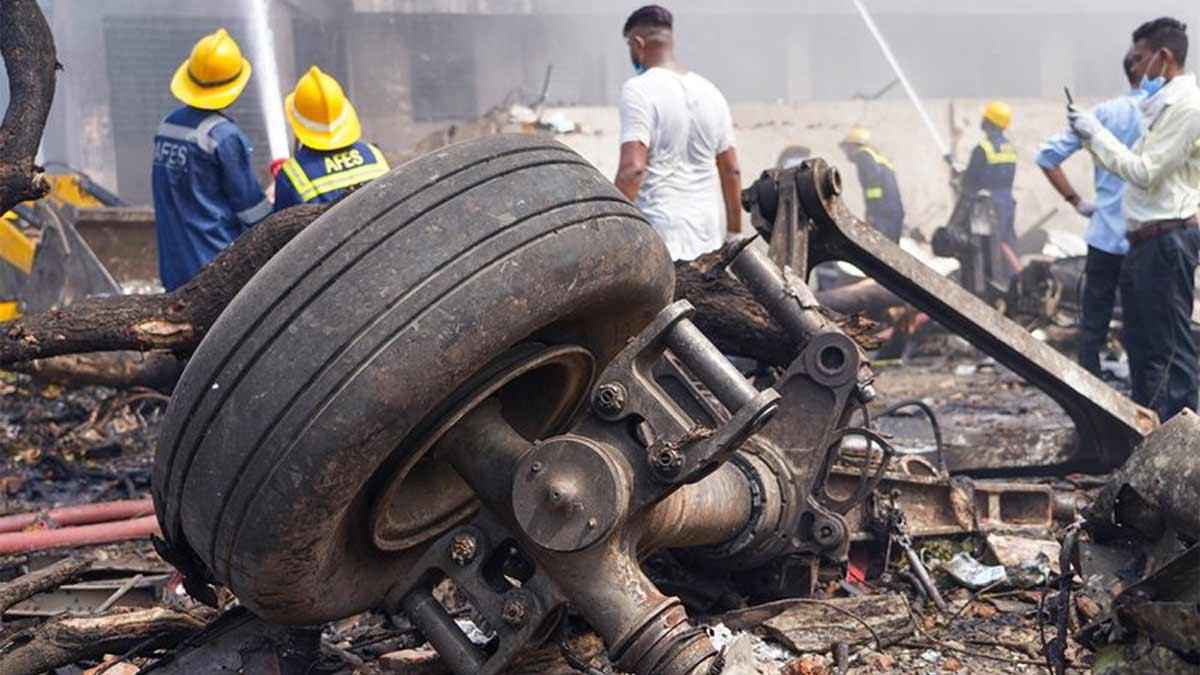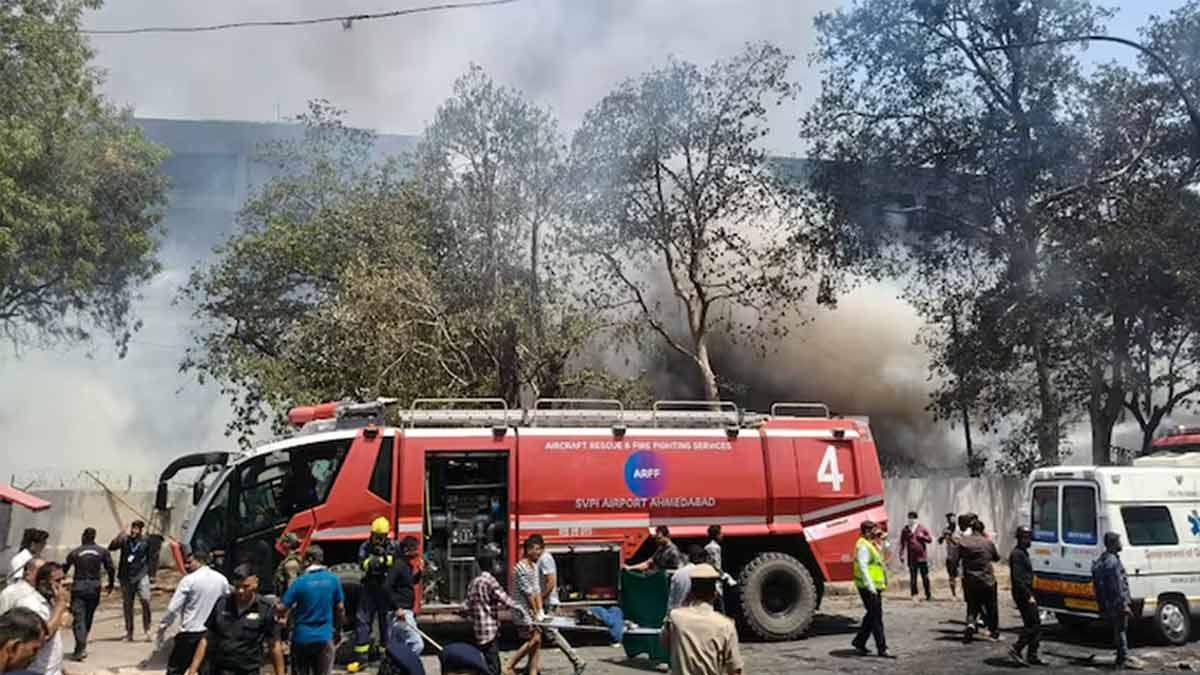Bihar's Begusarai has emerged as the globe's most polluted metropolitan area, while Delhi has been singled out as the capital city with the poorest air quality, as per a recent report. India ranked third worst in terms of air quality among 134 countries in 2023, with an average annual PM2.5 concentration of 54.4 micrograms per cubic meter, following Bangladesh (79.9 micrograms per cubic meter) and Pakistan (73.7 micrograms per cubic meter), according to the 2023 World Air Quality Report by the Swiss organization IQAir.
This marks a deterioration compared to 2022 when India was ranked eighth most polluted with an average PM2.5 concentration of 53.3 micrograms per cubic meter. Begusarai, in particular, has drawn attention as the most polluted metropolitan area globally, boasting an average PM2.5 concentration of 118.9 micrograms per cubic meter, a stark contrast to its absence from the 2022 rankings.
Delhi witnessed a worsening of PM2.5 levels from 89.1 micrograms per cubic meter in 2022 to 92.7 micrograms per cubic meter in 2023, securing its position as the most polluted capital city globally for the fourth consecutive year since 2018. The report highlighted that an estimated 1.36 billion individuals in India are exposed to PM2.5 concentrations exceeding the World Health Organization's recommended annual guideline level of 5 micrograms per cubic meter.
Moreover, 1.33 billion people, constituting 96 percent of the Indian population, face PM2.5 levels exceeding the WHO annual guideline by more than seven times. This concerning trend is evident in city-level data, with over 66 percent of the country's cities reporting annual averages greater than 35 micrograms per cubic meter.
IQAir emphasized that the data utilized for the report was aggregated from a global network of over 30,000 regulatory air quality monitoring stations and low-cost air quality sensors operated by various entities including research institutions, governmental bodies, universities, non-profit organizations, private companies, and citizen scientists. The 2023 report expanded its scope, encompassing data from 7,812 locations across 134 countries, regions, and territories, compared to 7,323 locations in 131 entities in the 2022 edition.
Air pollution remains the paramount environmental threat to human health, contributing to an estimated one in every nine deaths worldwide. The World Health Organization attributes approximately seven million premature deaths annually to air pollution. Exposure to PM2.5 air pollution is linked to various health conditions such as asthma, cancer, stroke, and lung disease, with detrimental effects extending to cognitive development in children, mental health, and exacerbation of existing illnesses, including diabetes.
Read also | Supreme Court Orders Immediate Surrender for Satyendar Jain

